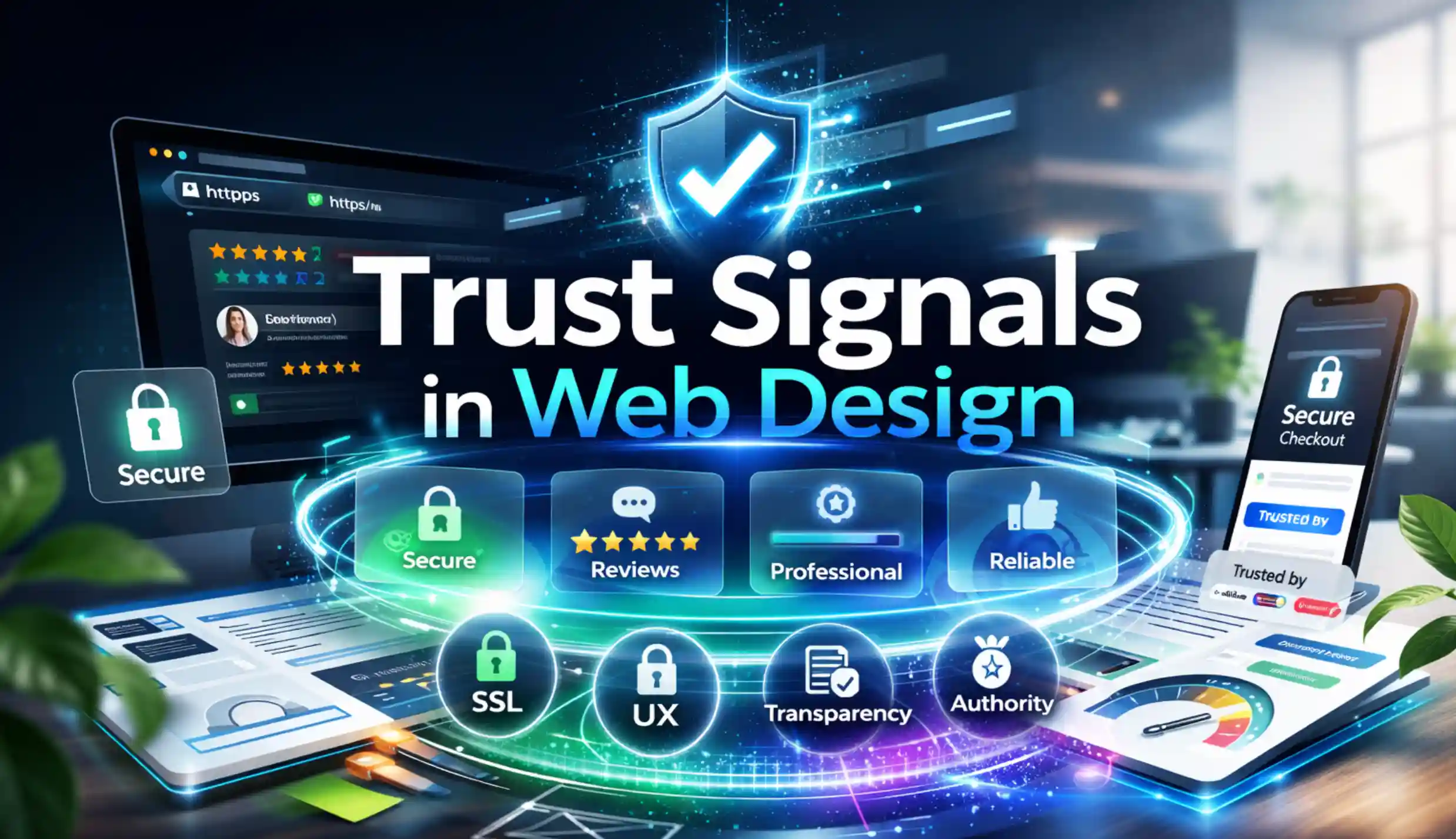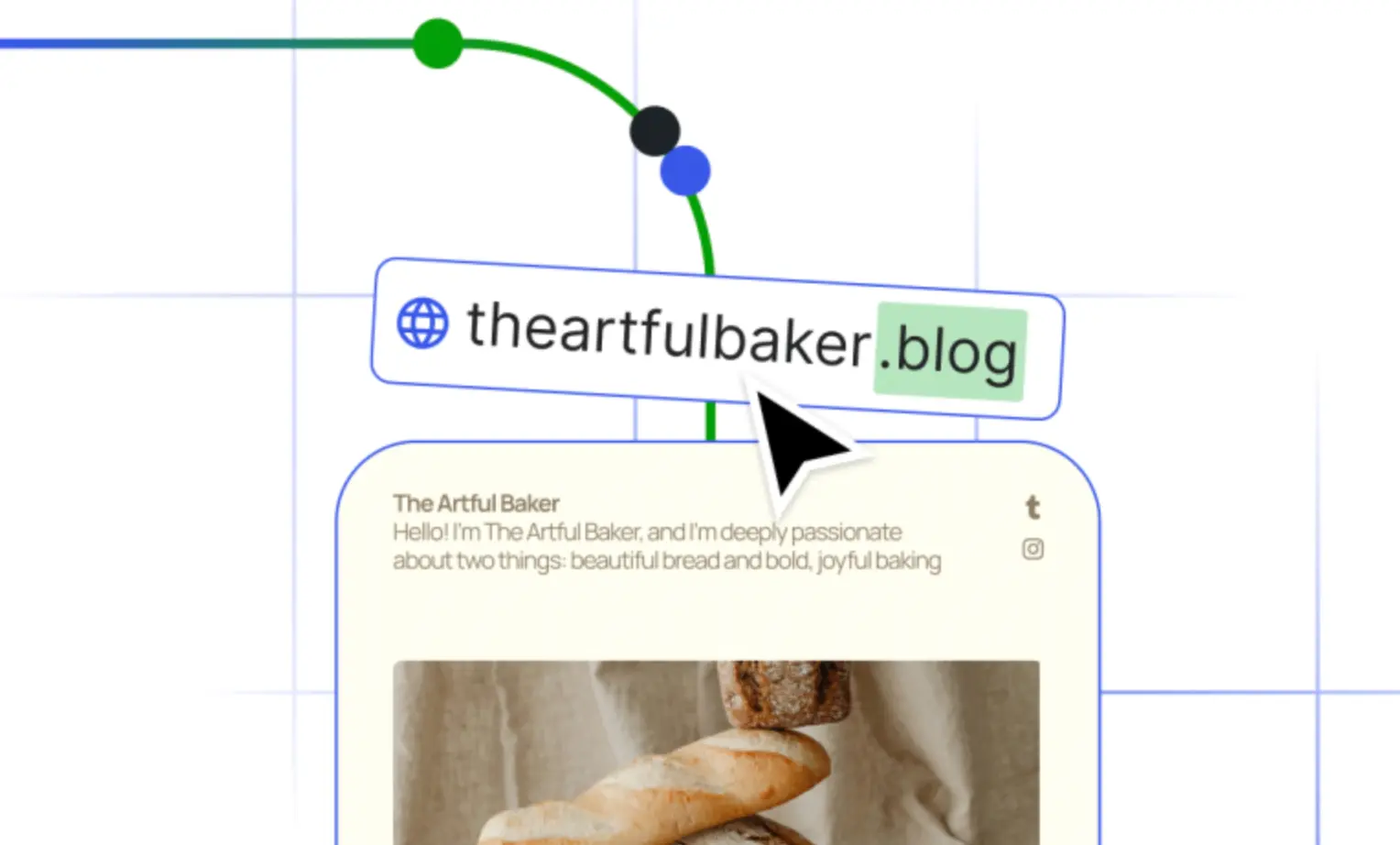Google Ads vs. Facebook Ads: What’s Best for Your Business?
Updated on
Published on
Ad spend can be a big piece of your overall marketing budget. Make sure that your business is maximizing those dollars with the right digital advertising platform for your product or service.
Google Ads and Facebook Ads are two of the biggest players in the paid media market. But, if you’re a startup or a business just starting in the digital advertising space, tackling one platform seems easier than two. So, which one do you choose for your business needs? Let’s get into it.
While a blended approach is always optimal, let’s pretend that you can ONLY choose one or the other platform. Never both. How would you choose? The answer depends on what your end goal is for your content. Both platforms have unique strengths that must be considered depending on what you’re trying to achieve.
Keep in mind that each platform is its own media hub with several subsidiary companies. If you’re advertising with Facebook Ads, you’re also talking about Instagram, WhatsApp, Facebook Messenger. If you’re considering Google Ads then you’re reaching YouTube and a whole suite of other digital platforms and products.

What is a Facebook Ad?
Facebook Ads is an advertising platform that is used to run paid social campaigns on its platform and its subsidiaries (like Instagram). Facebook Ads runs pay-per-click (PPC) style ads and can target users at different stages in the buyer journey.
Facebook has 2.8 billion users worldwide and has amassed a huge amount of data about its users through the use of its app and software. Because of this, the Facebook Ad Manager platform can target niche audiences and serve digital advertising to specific demographics, interests, behaviours, cohorts, and based on Facebook engagement patterns. The Facebook Ads Manager allows the user to select an ad budget, ad placement, and ad run time.
Ads can be created right within the platform with a user-friendly design. The most intensive part of Facebook ads is creating your graphic or your video and its accompanying copy that will advertise your product to your audience. During the ad creation process, you can select the ad format, the target audience, the ad settings, and the copy for the ads. It could take slightly more time to convert an audience on Facebook because the users are on the app for purposes other than specifically searching for products. However, it’s a great way to remain in the eyesight and mind of your potential consumer.

What is a Google Ad?
Google Ads is a platform that is used to run paid display ads and search ads on its website and its subsidiaries. External websites that have installed the Google Ads widget will also run your targeted ads to their users as well. Google Ads also runs pay-per-click style ads and can similarly target users at different stages in the buyer’s journey.
Google and YouTube are the two most used websites with over 100 billion monthly user visits on average per month. Paid Google advertisements appear at the top of search results pages in a very similar format to organic searches but are discreetly labelled as “Ad”. To create a Google Ad, advertisers just sign up for an account and then create a text-only ad copy and keyword targeting information. There are other styles of ads that you can create such as image ads, video ads, discovery ads, and local ads.
Users are encouraged to understand the incorporation of proper keywords for best engagement and click rates on their ads. Google Ads provides an academy featuring several educational videos to learn more about how to use the platform effectively.

Google Ads vs. Facebook Ads
While these two platforms are often viewed as “competitors”, the truth is that both have their unique values depending on what the client’s end goal is. They also have nuanced similarities and differences in the way that they offer their digital advertising products.
Let’s check out the main similarities between the two ad platforms:
- Both platforms run pay-per-click (PPC) style digital advertising.
- Both require unique back-end expertise and set up for best performance.
- Both have billions of users and massive data sets that help companies get their ads in front of the ideal customer.
- Customization is available on both platforms depending on your end goal.
- Both platforms have free educational resources to learn more about how either advertising giant works.
- Both require consistent monitoring to optimize spend and efficiency of ads.
And now, it’s time to look at the differences:
- Most experts agree that Facebook requires more setup but also allows for complete and incredibly targeted customization.
- There are differences in the end goals of the advertising that’s published on either platform.
- Facebook and Google reach their own unique amalgamated platforms of audiences (Facebook ads reach Facebook and Instagram users, Google ads reach a larger suite including YouTube, Gmail, Google.com, and the Google Display Network)
Leveraging the similarities and differences between the platform can be incredibly helpful to see which platform is best for your business. Let’s discuss the differences between the two platforms when it comes to the end goal of your digital advertising.
Ultimately, you MUST Consider Your Goal
Is it brand awareness?
Is it call-to-action?
Who is your target audience and what are you selling?
The long and the short of digital advertising is that you have to consider the audience, the goal of your ads, and how your audience will best be served by your ad content. At the end of the day, the two ad platforms serve two very different business objectives.
For example, if you’re marketing a commercial carpet cleaning soap specific to large-scale cleaning companies - Facebook is probably not the best place to connect with potential buyers. You’re going to want to advertise with Google Ads because it’s very likely that your sales are going to be coming through Google searches for “carpet cleaning” or “industrial carpet cleaning soap” or any other number of search results.
Take time to sit down and think about the discovery journey that your buyer is going to take to encounter your advertising.
Our Take? Facebook Ads has the Product Marketing Edge
To reiterate our above point, Facebook Ads is going to serve you best if you’re looking to advertise products or services to a target audience that may not be necessarily searching for the product.
For example, if you’re selling flavoured coffee subscriptions, Facebook would be a great way to target your audience. They may not KNOW they need a subscription but maybe they notice your ad and become intrigued by the idea as a gift for a friend, coworker, or family member. The audience targeting options could help your business narrow down who you’re serving the ads to and could include demographics that include “millennial professionals” and “new moms”.

Our Take? Google Ads is Best for Promoting B2B Connections
Alternatively, Google Ads is best for brands, products, or services that people may be actively searching for. It is best for promoting B2B or B2C connections but is not that effective for brand awareness or recognition.
It’s an unlikely touchpoint with an audience that may not be already thinking that they need your product. Again, this goes back to the above example about carpet cleaning soap. This type of digital advertising is best served on a search platform because it’s more likely that your audience is searching Google for your product - versus scrolling on Facebook and thinking “wow, I need that”.
While this is just the tip of the iceberg into your digital advertising journey, hopefully, it helps to narrow down which platform your product is best suited for. Again, if possible, it’s best to go with a blended method of advertising. So if you’re a product-focused business - advertise your products on Facebook but maybe consider Google Ads as a way to promote your website or company values (ex. Eco-conscious bath products).




webp.webp)
webp.webp)




